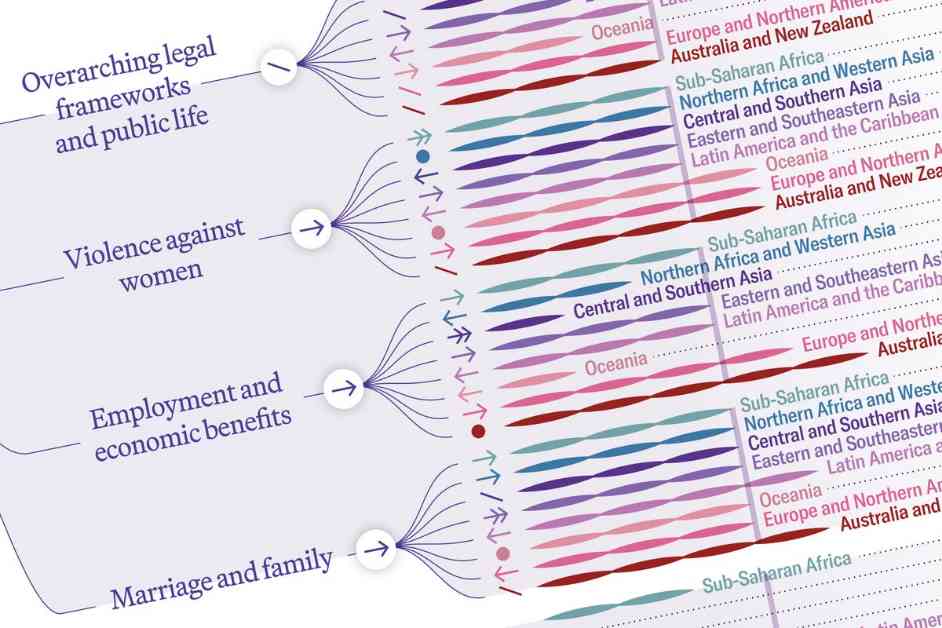The United Nations has been tracking progress towards global gender equality through various agencies and organizations. Despite some positive gains such as a decline in child marriage and increased representation of women in government, there is still a long way to go in achieving true gender equality. According to U.N. Women’s research and data division chief Papa Seck, while there has been progress, it is not enough to reach the goal of gender parity by 2030.
The report emphasizes the need for more action to address the various forms of discrimination, violence, and lack of access to education and healthcare that women and girls still face worldwide. It also highlights the slow pace of progress, with projections suggesting that gender parity in parliaments may not be achieved until 2063 and child marriage may persist until 2092. Ending extreme poverty among women could take as long as 137 years at the current rate of progress.
Goal 5 of the U.N.’s Sustainable Development Goals focuses on achieving gender equality, which is closely linked to other goals such as ending poverty, hunger, and ensuring education for all. The targets and indicators under Goal 5 aim to address the various dimensions of gender inequality and empower women and girls in all aspects of their lives.
As we reflect on the progress made towards gender equality, it is clear that more needs to be done to accelerate the pace of change and ensure that all individuals, regardless of gender, have equal rights and opportunities. By supporting initiatives and policies that promote gender equality, we can work towards a more just and inclusive society for all.




